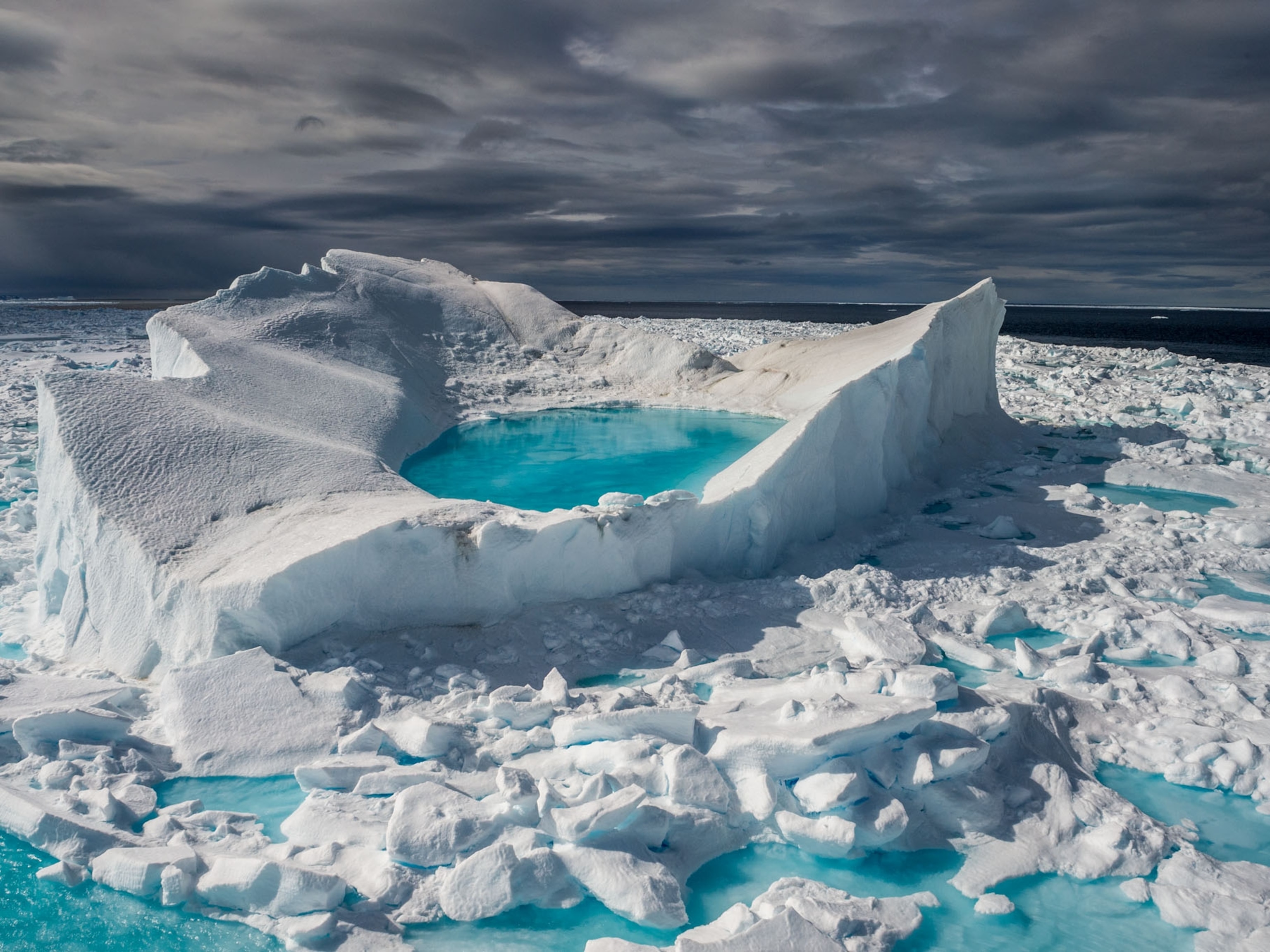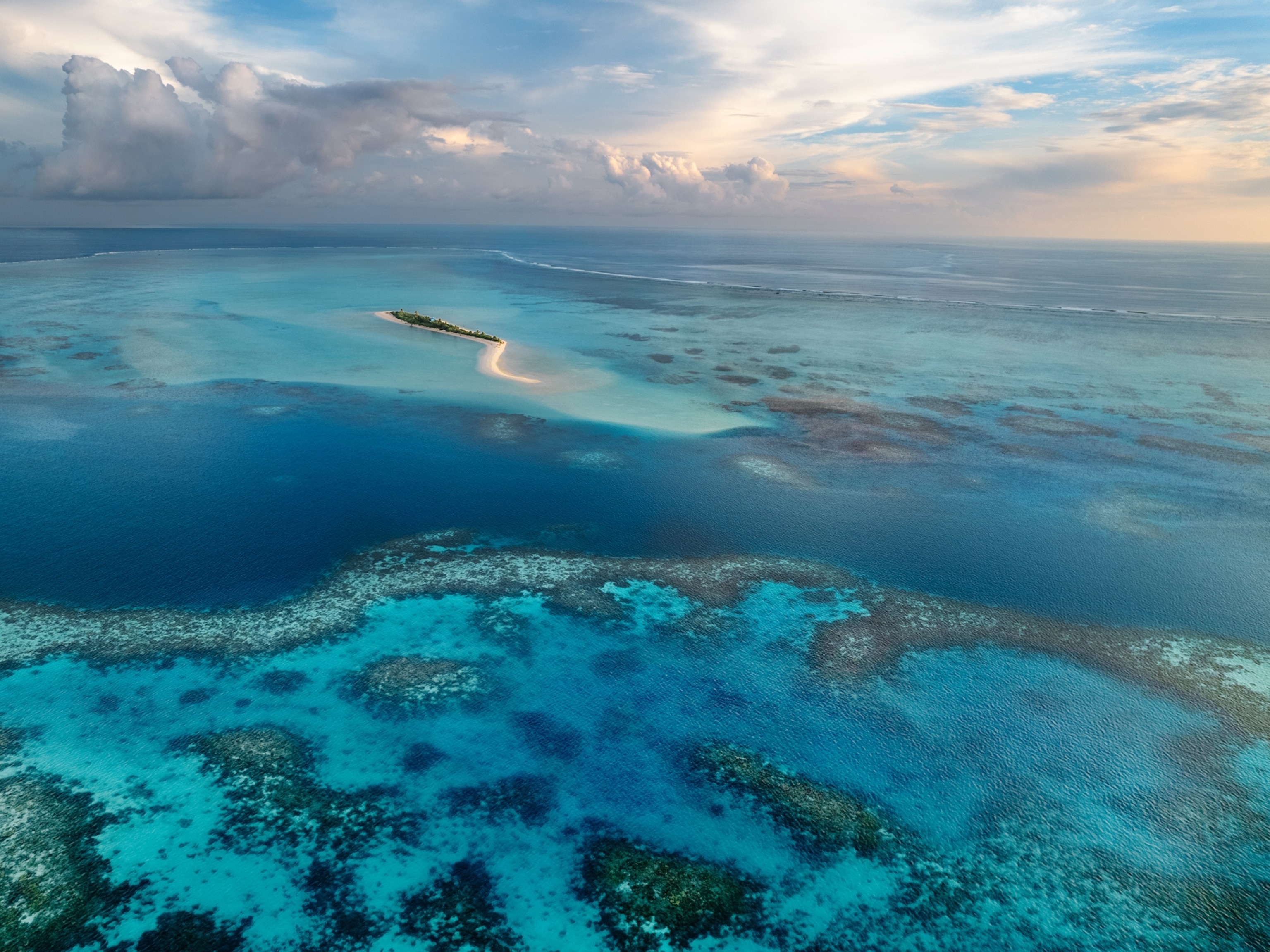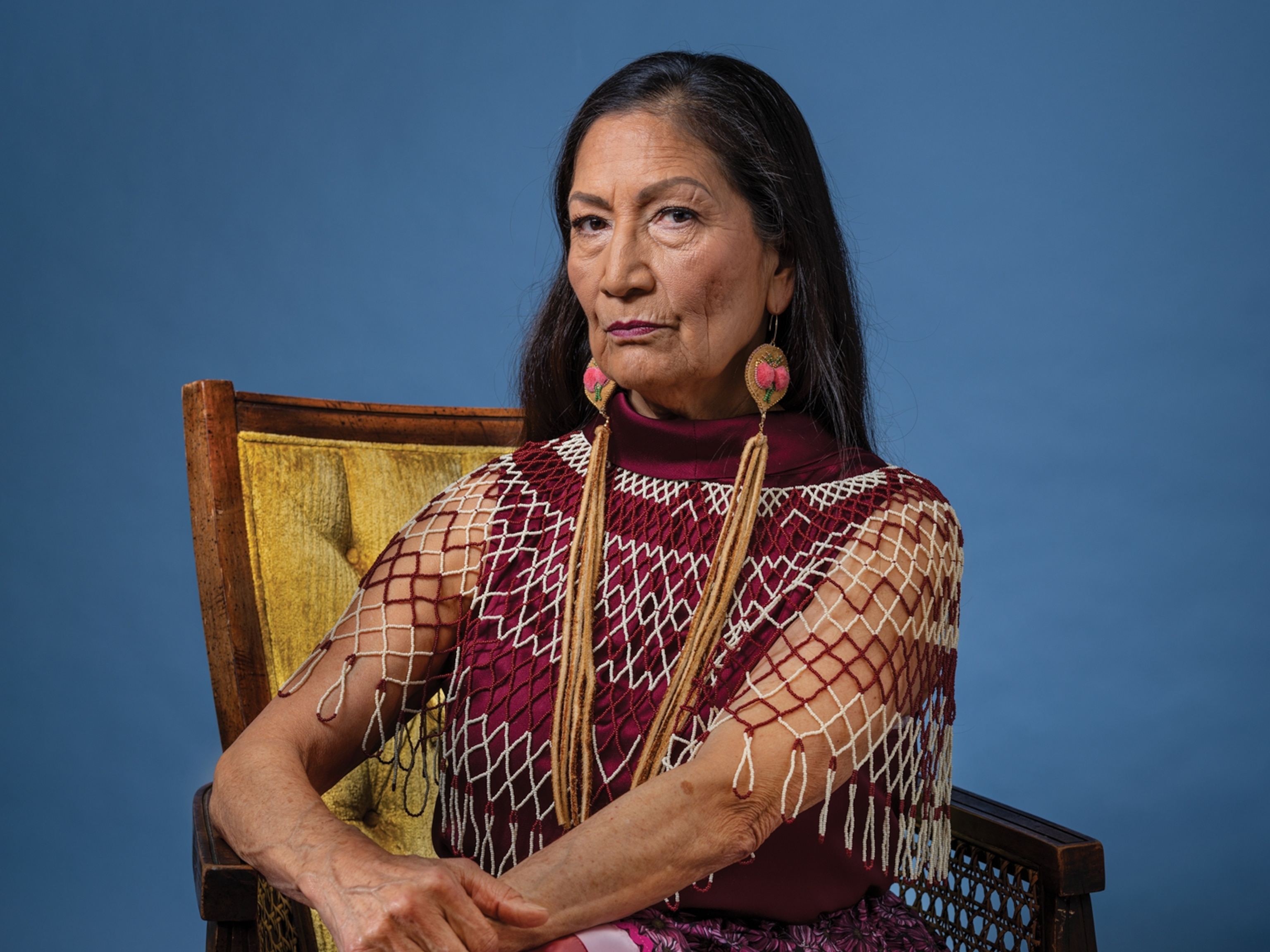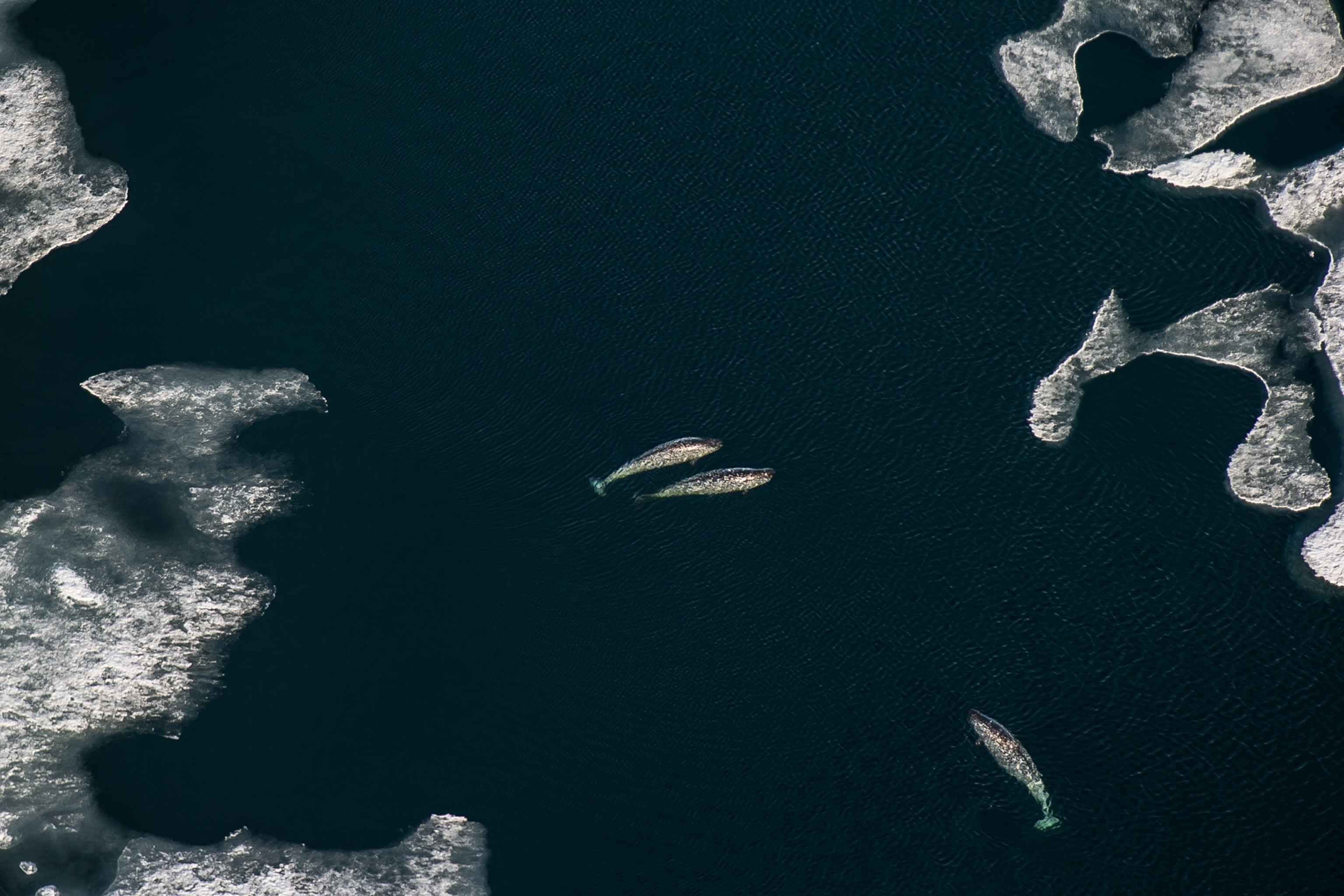
Pristine Arctic reserves will benefit wildlife and Inuit communities
Canada's newest marine protected area is expected to be a refuge for wildlife as other parts of the Arctic face instability.
In Tuvaijuittuq, the ice never melts.
“When you’re there it’s very quiet. It’s so beautiful. When you’re on the ice it feels so solid, like concrete,” says Paul Okalik, the senior adviser for Arctic conservation at the World Wildlife Fund and former premier of the Canadian province Nunavut.
Tuvaijuittuq, he says, “is like no other place on Earth.”
Now the far northern Canadian Arctic region is set to remain pristine thanks to an agreement reached between the Canadian government and Qikiqtani Inuit Assocation (QIA).
“Freezing any new human activities will help ensure the ice that never melts will remain true to its name,” said Canadian Prime Minister Justin Trudeau at a Thursday press conference in the Nunavut city of Iqaluit.
Countries vary in their definitions of what constitutes a Marine Protected Area (MPA). In Canada, the designation closes off water from mining, oil, and gas extraction, dumping, and fishing with a method called trawling. Canada’s MPA standards are new, published this past April after official recommendations were made by a panel of experts.
Environmentalists say guarding this region from industrial activity will be a refuge for walruses, polar bears, seals, and narwhals as the Arctic ice becomes increasingly unstable.
The Canadian government creates MPAs by first placing the selected region under an interim protected period while it finalizes terms of the protected space. In addition to the plan to conserve Tuvaijuittuq, Trudeau also announced the official establishment of the Tallurutiup Imanga National Marine Conservation Area.
Inuit involvement
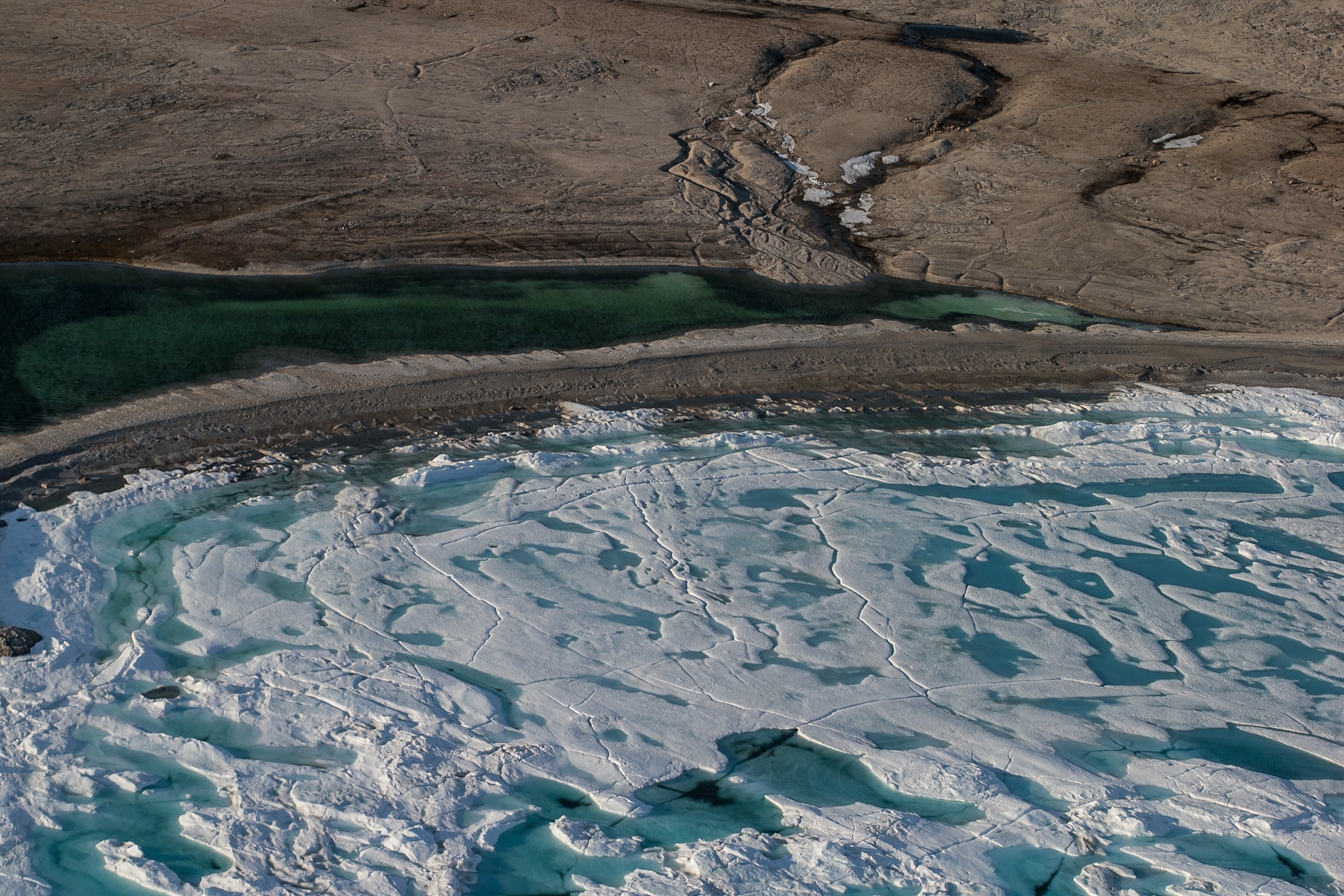
The QIA want this new marine conservation to be a model of how indigenous groups should be considered, said PJ Akeeagok, the group’s president.
Along with keeping industry out of pristine water, the Canadian government will create jobs in research and data collection, and build critically needed infrastructure like boating docks.
“When the negotiations started, it was in the spirit of reconciliation,” says Akeeagok.
Akeeagok grew up in Grise Fiord, a town where native Inuit groups were forcefully relocated by the Canadian government. By investing in the region’s economy, the government is finally paying the community back for what they have taken, he said.
“Although there’s a dark history in our chapter, our job is to start painting a bright future for Inuit. We want an economy that is self sustaining,” says Akeeagok.
Okalik says having a community that’s bought into the idea of protecting the region will help ensure its regulations are enforced.
“This will support local economies and conservation, which is our goal,” says Okalik. “We’re trying to maintain a viable, conservation-based economy.”
Planning for resilience
Climate change is leading to higher rates of warming in the Arctic than anywhere on Earth, and ice once thought stable is loosening. So much ice has sloughed off that it’s sparked concerns that a new Cold War could be brewing at the top of the Earth, this one over who might control the waters once unpassable for large vessels.
“Inuit are at the front lines of those who see and feel climate change. There’s predictability that is not there anymore, in terms of ice and weather conditions, We hear it directly from hunters,” says Akeeagok.
Both Akeeagok and Okalik are optimistic that official government investment in the natural environment and Inuit people will preserve the region long term.
“I am very encouraged by the progress being made by the government to work with local indigenous populations,” says Okalik. “I hope this is something we will continue because it has been missing in the past.”

